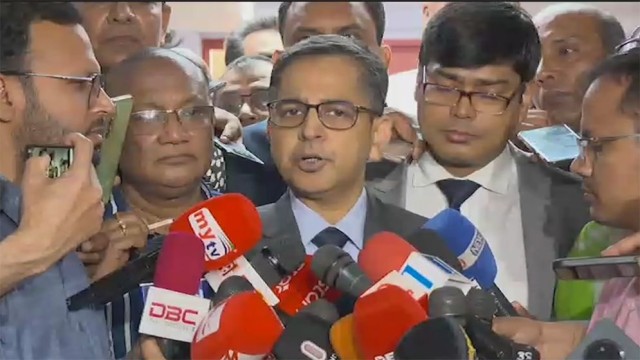Mumbai, August 29- WhatsApp, a popular messaging app owned by Meta, is increasingly being exploited by fraudsters to deceive users. The app, which is widely used for both official and personal communication, has seen a surge in fraudulent activities. A recent case in Mumbai has brought this issue to the forefront, highlighting the dangers of investment scams on the platform.
According to a report by the Indian Express, a Mumbai resident was swindled out of INR 90 lakh by a scammer who lured him into a fake investment scheme via WhatsApp. The fraudster initially connected the victim to a WhatsApp group purportedly filled with foreign investment experts. Within this group, members were provided with seemingly lucrative investment tips, promising high returns in a short period.
Attracted by the potential for quick profits and convinced by the fraudulent information shared in the group, the victim agreed to invest. The scammers then persuaded him to open an account and directed him to download a mobile app from the Google Play Store. Once the app was installed, the victim was instructed to deposit INR 90 lakh into a bank account associated with the so-called investment company.
To further manipulate and build trust, the scammers presented the victim with a fake account balance showing a profit of INR 15 crore. However, when the victim attempted to withdraw the funds, he realized he had been duped. The fraudsters then blocked his account and demanded a 10% cut of the fictitious profit, totaling around INR 1.45 crore. Realizing the scam, the victim promptly filed a complaint with the local police.
How to Avoid Investment Scams on WhatsApp
Given the rise in such fraudulent schemes, it's crucial to remain vigilant. Here are some tips to help you avoid falling victim to investment scams on WhatsApp:
1. Be Skeptical of Unverified Investment Schemes: Do not blindly trust investment opportunities that come via messages from unknown numbers. Legitimate investment companies typically do not solicit investments through unsolicited messages or social media groups.
2. Verify the Identity of the Sender: Before engaging in any investment-related conversation, verify the sender's identity. If the sender claims to represent a registered company, look for a blue verification checkmark on their WhatsApp account.
3. Be Cautious of Urgent Investment Requests: If you receive a message or call urging you to invest immediately or assuring you of substantial returns, be wary. Scammers often create a sense of urgency to pressure victims into making hasty decisions.
By staying cautious and informed, you can protect yourself from falling prey to such scams. Always remember to conduct thorough research and consult with trusted financial advisors before making any investment decisions.































Comment: